Currently I am dealing with a lot of code inspection in pycharm. Often I have the problem that I don't know which is the actual data type of a variable in python. Then I have to revisit the code to find the actual definition of the variable, or use some inserted code snippets like type() to get the data format.
What would be the most elegant / most comfortable way to do this task? I though maybe there are some built-in functions in PyCharm.
